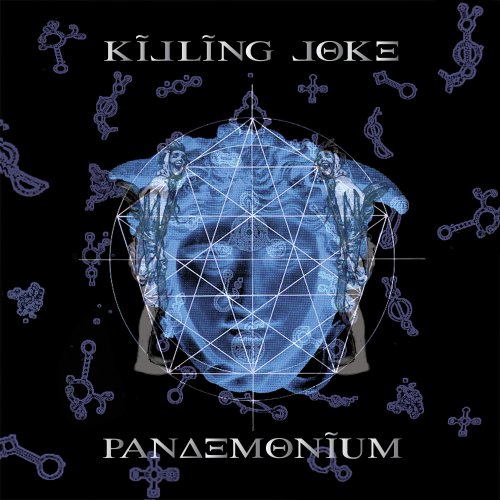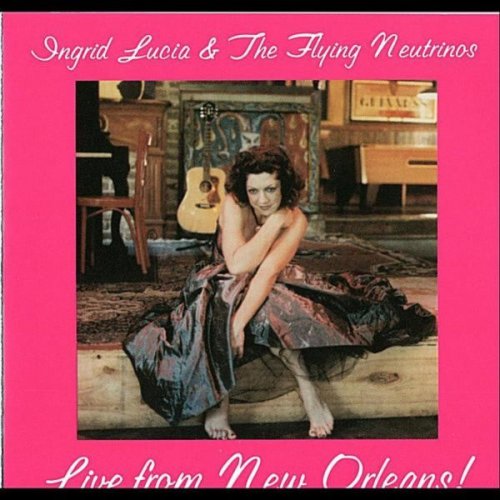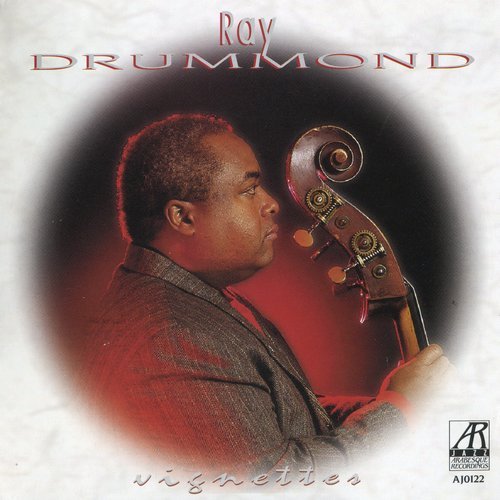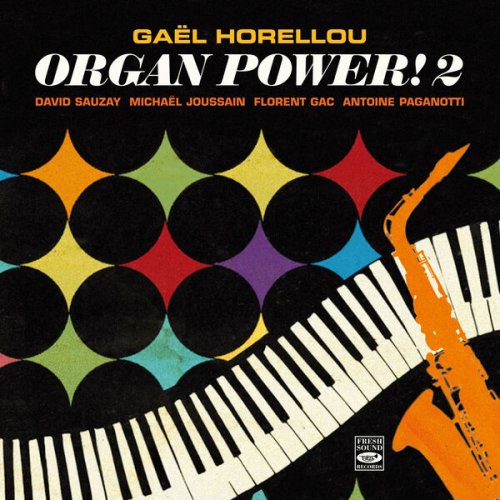Killing Joke - Pandemonium (1994)

Artist: Killing Joke
Title: Pandemonium
Year Of Release: 1994
Label: Butterfly Records
Genre: Post-Punk, New Wave, Idustrial Rock
Quality: FLAC (tracks) / MP3 320 Kbps
Total Time: 01:00:58
Total Size: 446 / 156 mb
WebSite: Album Preview
Tracklist: Title: Pandemonium
Year Of Release: 1994
Label: Butterfly Records
Genre: Post-Punk, New Wave, Idustrial Rock
Quality: FLAC (tracks) / MP3 320 Kbps
Total Time: 01:00:58
Total Size: 446 / 156 mb
WebSite: Album Preview
1. Pandemonium 6:42
2. Exorcism 7:27
3. Millennium 5:35
4. Communion 6:57
5. Black Moon 5:19
6. Labyrinth 5:55
7. Jana 4:06
8. Whiteout 5:43
9. Pleasures Of The Flesh 5:42
10. Mathematics Of Chaos 7:23
After the band's lengthiest hiatus since it was founded, Killing Joke returned in 1994 with a new/old lineup and an interesting enough new album. Raven, the group's bassist since the Night Time days, was replaced by original bassist Youth, who produced the album and released it on his label. Compared to the newfound intensity of Extremities, Pandemonium partially steps away from the neo-industrial/thrash of that effort for a more varied, often quite surprising experience. With no one drummer replacing Atkins, the threesome works with a number of performers, Coleman in particular bringing in some of the Egyptian musicians whom he has worked with on a variety of projects, including his collaborative work with Anne Dudley. Noted percussionist Hossam Ramzy takes a key role, replacing the frenetic fire of Ferguson's work with a subtler, more textured approach, while Aboud Abdel's violin further gives Pandemonium a haunting edge, aiming to some extent at recreating the epic, mysterious stomp of Led Zeppelin's "Kashmir" for a newer day. Elsewhere, the straight-ahead rampage of "Exorcism" and "Whiteout" show that Killing Joke hasn't forgotten the power of sheer intensity, and if Ferguson's sheer power and inventiveness is missed the most here, the results are still a thrilling, fierce listen. The core Coleman/Geordie partnership remains strong, the latter at points holding back on his more scalpel-sharp approach for a thicker, overdubbed flow, sometimes -- as on "Jana" -- finding a friendly, open style that revisits the radio-friendly AOR days of the band without actually sucking. In turn, Coleman slides between his declamatory persona and the closer, more controlled style of later efforts; the combination -- as on the striking, massive wallop of "Communion" -- can be incredible, the contrast between the verses and searing choruses proving captivating.




![Johannes Enders - Standard Questions (2026) [Hi-Res] Johannes Enders - Standard Questions (2026) [Hi-Res]](https://www.dibpic.com/uploads/posts/2026-02/1771328675_folder.jpg)
![Tom Oren - Dark Lights (2026) [Hi-Res] Tom Oren - Dark Lights (2026) [Hi-Res]](https://www.dibpic.com/uploads/posts/2026-02/1771427884_tdqtmzk78zgcb_600.jpg)


